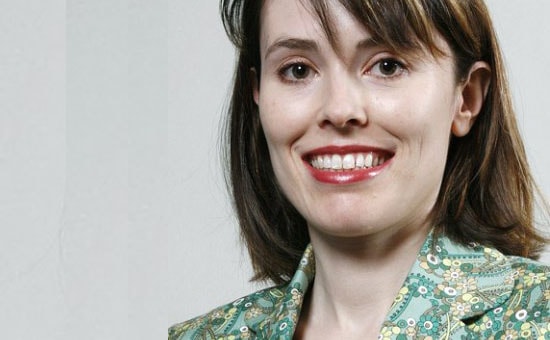Take time for self-reflection
Spend time on self-reflection, as MBA programmes don’t just want to hear about academic excellence and professional experiences, but find out what motivates you. This might not come easily but a nature walk, staring out of the window or some quiet time over a cup of tea might help.
Ask yourself questions to answer questions
Questions surrounding this self-awareness might turn up during the essay or in a later interview. Edwards cites Duke’s question “Tell us 25 random things about yourself”, Stanford’s “What matters most to you and why”, “How will this school help you achieve your career goals,” or “Describe a defining moment in your life.”
To gain these insights ask yourself questions like: What are my strengths and weaknesses? What have I learned about myself from times when I’ve excelled and from times I have failed? What matters most to me in my career – money, sense of purpose, work-life balance, international exposure, professional status, power, or stimulating colleagues? What have been the defining moments, or turning points, in my life? What are my values? What am I passionate about, and what experiences have shaped this passion? Why do I really want an MBA – what further skills do I need to gain to succeed? On my retirement day, what do I want to have achieved professionally?
Don’t do it all alone
It has proven helpful for many students to reach out to others to get to know themselves better. By asking family, friends and colleagues about their view of yourself, you will gain valuable knowledge and insight about your strengths and weaknesses, talents, special features and traits. Edwards also recommends to ask them what they see you doing in 10 years’ time.
When you’ve finished your application, it is also helpful to ask friends or family to review it and see if their feedback might add additional value.
Read more at Fortuna Admissions

